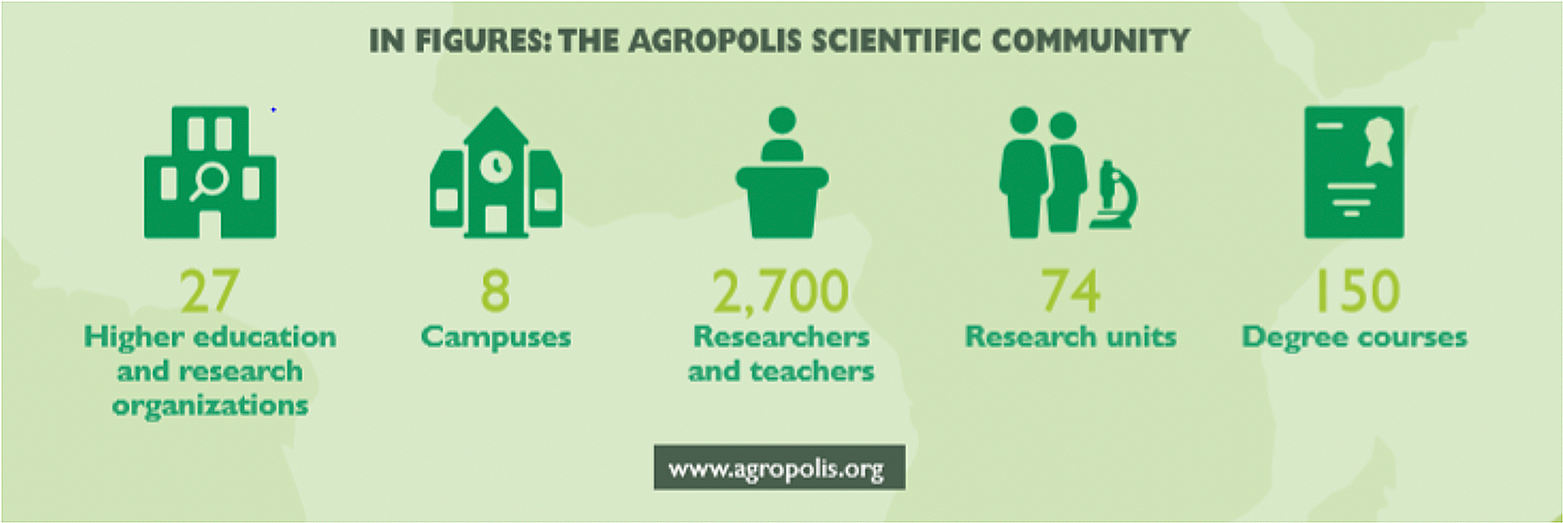Why Montpellier?
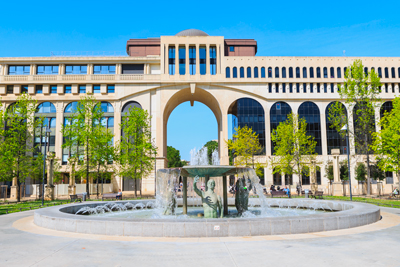
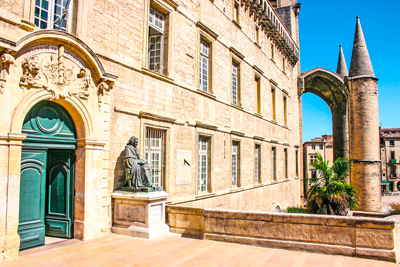
Montpellier, France’s 7th largest city lying close to the Mediterranean, has existed for over a thousand years and is home to the oldest medical faculty in Europe. Over the years, Montpellier has acquired buildings worthy of the greatest international cities. Some renowned architects have left their stamp on the city, such as Ricardo Bofill to whom Montpellier owes its neoclassical Antigone district, or Jean Nouvel for the new city hall.
Montpellier is a prominent urban and cultural destination which successfully combines the facilities of a large town with the easy living of the Mediterranean, with vast tree-lined pedestrianized areas, narrow mediaeval streets, fine 17th and 18th century townhouses, fragrant markets, not forgetting the multitude of lively pavement cafés, the Fabre Museum, the Montpellier zoo, etc. Walking through the historic centre will take you on a journey of a thousand years, from the birth of the city in 985 to sights and sounds of the future it iS building.
The city has the oldest botanical garden in France, created in 1593, and one of the oldest herbaria in Europe. Montpellier was one of the very first cities in Western Europe to found a university, in the 13th century, including the Faculty of Medicine. Today the Montpellier University remains one of the most important in France in many medical research fields and also excels in the life sciences agronomy, plant biotechnology and in the new information technologies.
Agronomy in Montpellier
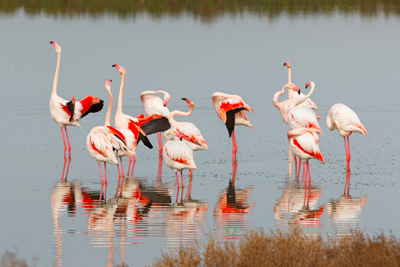
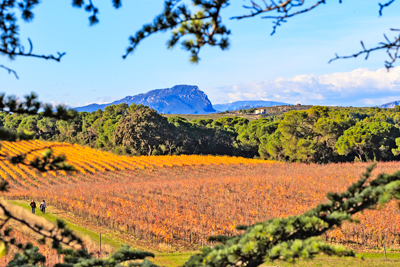
Montpellier was the first French city to become home to scientific establishments working in development-oriented research worldwide and gathered by Agropolis International association (see figures). They host and train numerous researchers and students from developing countries for tropical research, particularly geared towards issues involving sustainable development in tropical regions. Montpellier hosts also the oldest French agronomic school, Montpellier SupAgro. The Agropolis community has a network of 300 expatriate researchers in 50 countries, annually hosts more than 1,000 foreign scientists and 15 to 20% foreign students.
CIRAD and IRD, the two French institutes specialized in research for the sustainable development of Mediterranean and inter-tropical areas, both have their main research facilities in Montpellier, as well as a high number of researchers posted abroad in partner institutions. Research on coffee covers a wide range of issues from genetic resources to economic viability, including optimization of production, sustainable pest and diseases management and product quality. Those topics are studied by 12 thematic research units, associating scientists from CIRAD, IRD with other organizations (Muse, SupAgro, CNRS, INRA).
© Ch. Ruiz - Montpellier3m
